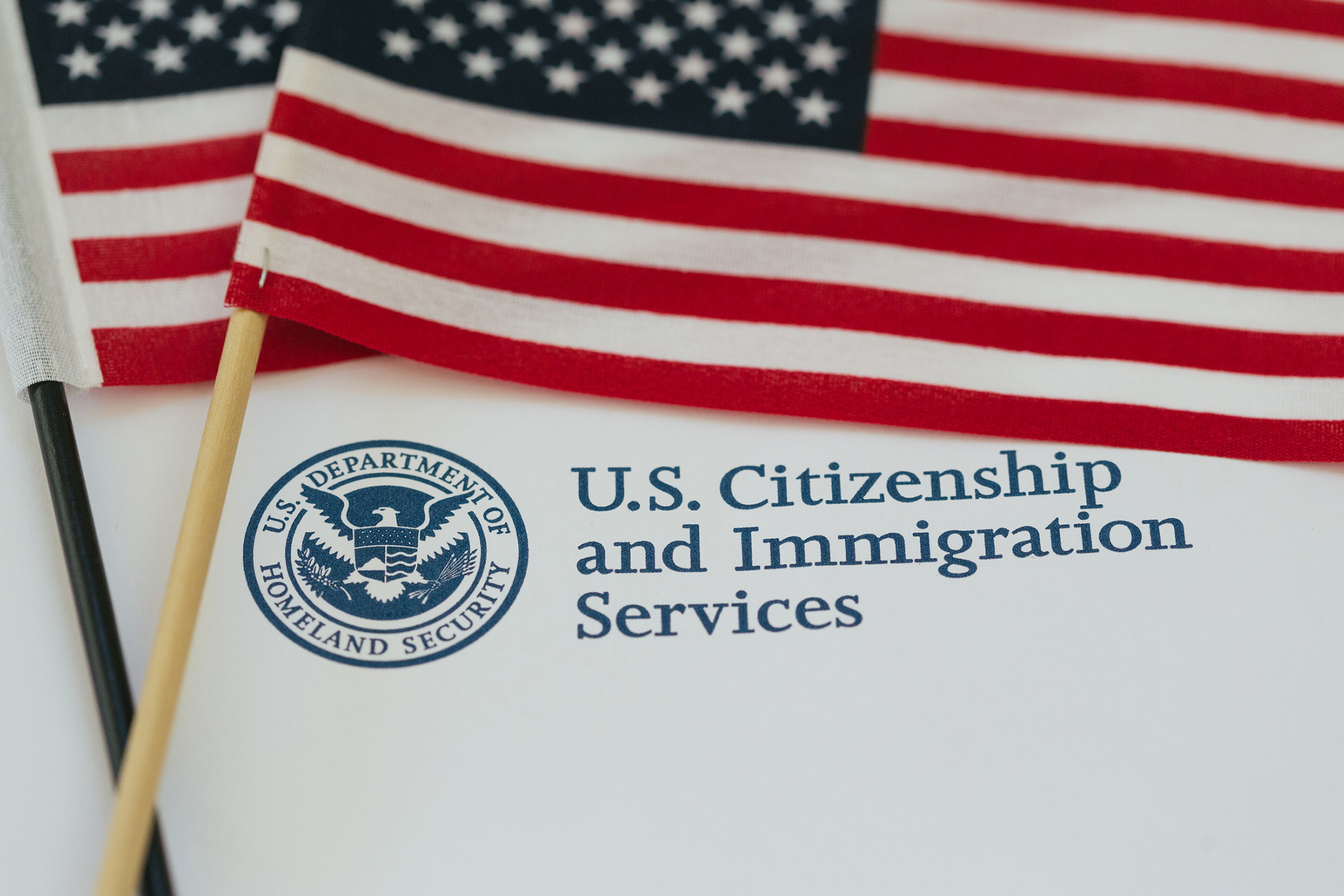On June 21, 2023, the Department of Homeland Security (DHS) published Federal Register notices reinstating Temporary Protected Status (TPS) designations for El Salvador, Honduras, Nepal, and Nicaragua effective June 9, 2023. TPS had been terminated for those four nations in 2017 and 2018.
Specifically, DHS will extend the designations of:
- El Salvador for 18 months, from Sept. 10, 2023, through March 9, 2025
- Honduras for 18 months, from Jan. 6, 2024, through July 5, 2025
- Nepal for 18 months, from Dec. 25, 2023, through June 24, 2025
- Nicaragua for 18 months, from Jan. 6, 2024, through July 5, 2025
As a background, the DHS may designate a foreign country for TPS due to conditions in the country that temporarily prevent the country's nationals from returning safely or, in certain circumstances, where the country is unable to handle the return of its nationals adequately. The U.S. Citizenship and Immigration Services (USCIS) may grant TPS to eligible nationals of certain countries (or parts of countries) who are already in the U.S. Eligible individuals without nationality who last resided in the designated country may also be granted TPS.
The DHS may designate a country for TPS due to the following temporary conditions in the country:
a) Ongoing armed conflict
b) An environmental disaster or an epidemic
c) Other extraordinary and temporary conditions
During a designated period, individuals who are TPS beneficiaries or who are found preliminarily eligible for TPS upon initial review of their cases (prima facie eligible):
a) Are not removable from the US
b) Are eligible for an employment authorization document (EAD)
c) May be granted travel authorization
Once granted TPS, an individual also cannot be detained by DHS on the basis of his or her immigration status in the U.S.
TPS is a temporary benefit that does not lead to lawful permanent resident status or give any other immigration status. However, registration for TPS does not prevent someone from:
a) Applying for nonimmigrant status
b) Filing for adjustment of status based on an immigrant petition
c) Applying for any other immigration benefit or protection for which an individual may be eligible
Countries currently designated for TPS are:
- Afghanistan
- Burma (Myanmar)
- Cameroon
- El Salvador
- Ethiopia
- Haiti
- Honduras
- Nepal
- Nicaragua
- Somalia
- South Sudan
- Sudan
- Syria
- Ukraine
- Venezuela
- Yemen
TPS, though essential for humanitarian relief, has strained USCIS resources, contributing to backlogs and persistent challenges. The USCIS ombudsman’s annual report highlights the impact of TPS on USCIS resources and presents recommendations for effective management. These include posting accurate processing times for different TPS categories, enhancing employer and benefit-granting agency education on verifying TPS beneficiaries' employment eligibility, eliminating redundant EAD applications, advocating for legislative changes to extend TPS designations, and harnessing technological solutions for streamlined processing.
TPS beneficiaries, while not offered a permanent solution, play a significant role in the U.S. economy and in supporting their home countries through remittances. TPS offers temporary sanctuary against deportation, along with work and travel authorization, for individuals hailing from countries grappling with armed conflicts, environmental crises, or other transitory circumstances.











/Passle/6488d4630e7e25c9ac9f834a/SearchServiceImages/2024-11-14-13-11-27-495-6735f6fff42d6cc59c8ec5c1.jpg)
/Passle/6488d4630e7e25c9ac9f834a/SearchServiceImages/2024-11-11-22-02-38-042-67327efe31216b909e6ea644.jpg)
